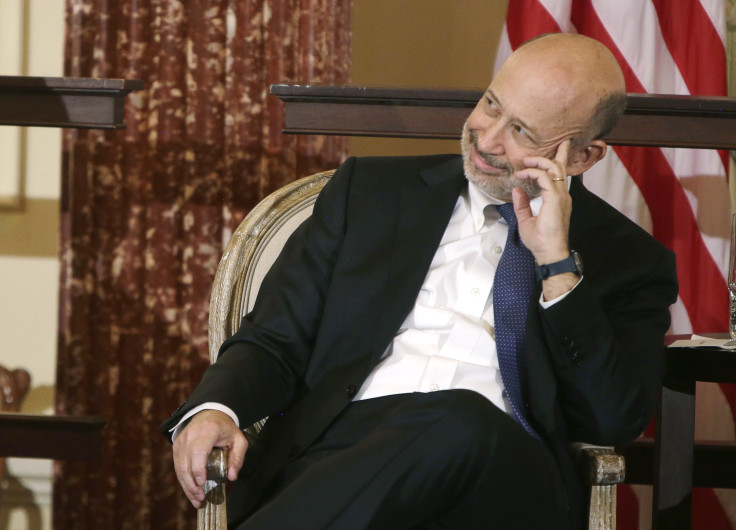Goldman Sachs, In A Shift, Expected To Enter Online Lending Fray

Goldman Sachs, the giant Wall Street banking firm, is hoping to win over a generation that knows it best as a "vampire squid." The bank is reportedly laying the groundwork for an online consumer-lending arm that would mark a novel shift in its century-and-a-half history of catering to major corporations and the wealthiest sliver of society.
Operating through an app or website, the new venture reportedly would bring Goldman's elite lending services to ordinary folks looking for personal loans (at least those with decent credit scores) or to small businesses hoping for a leg up.
Though the move is unusual given Goldman's long-held positioning in the most rarefied spaces of the financial world -- mergers and acquisitions, mega-wealth management, public offerings -- it reflects a perceived evolution in the way financial services operate.
And Goldman has been among those in the established banking world sounding the alarm over changes in consumer attitudes. In March, Goldman analysts estimated that online banking and peer-to-peer lending startups could take an $11 billion bite out of industry incumbents.
In an email to staff apparently leaked to the press, Goldman CEO Lloyd Blankfein wrote that "the traditional means by which financial services are delivered to consumers and small businesses is being fundamentally reshaped" by technological change.
Now Goldman is trying to turn that liability into an opportunity. Last month, the firm brought on Harit Talwar from Discover Financial Services, who has been assembling the plan to bring Goldman into the world of consumer lending.
Although the move into digital lending sets Goldman apart from its Wall Street peers, the bank will join an increasingly crowded market. Peer-to-peer lenders like Prosper and Lending Club have already established a foothold in the online loan industry, which has been estimated to reach some $350 billion by 2025.
© Copyright IBTimes 2024. All rights reserved.












